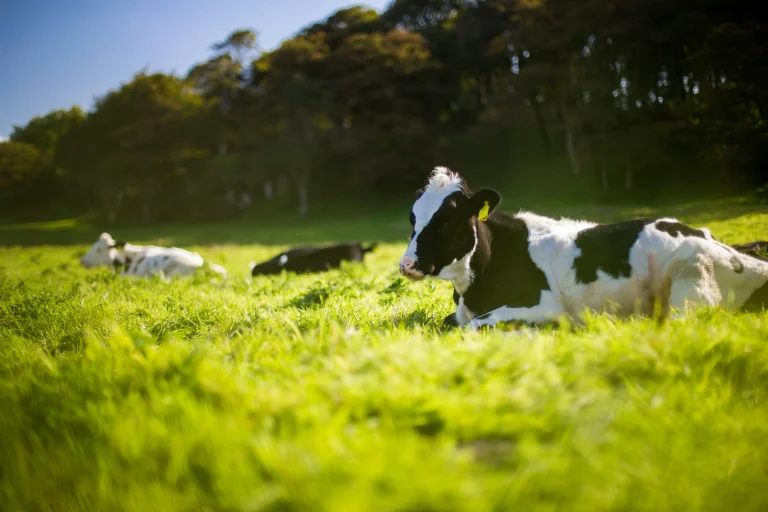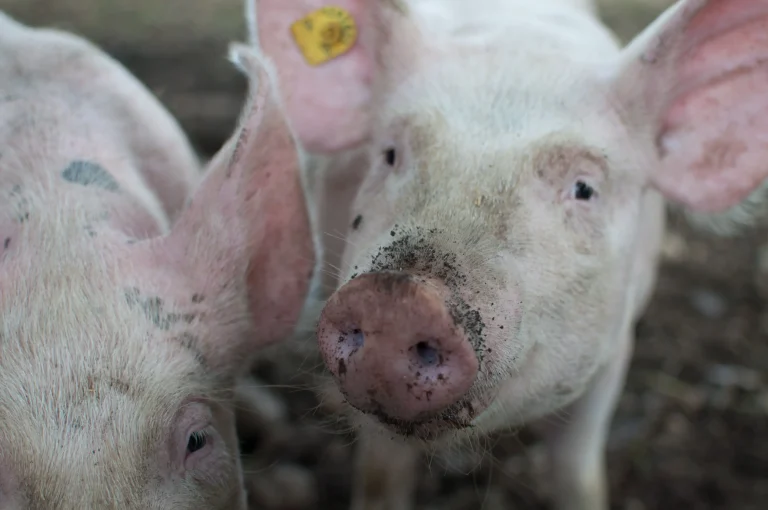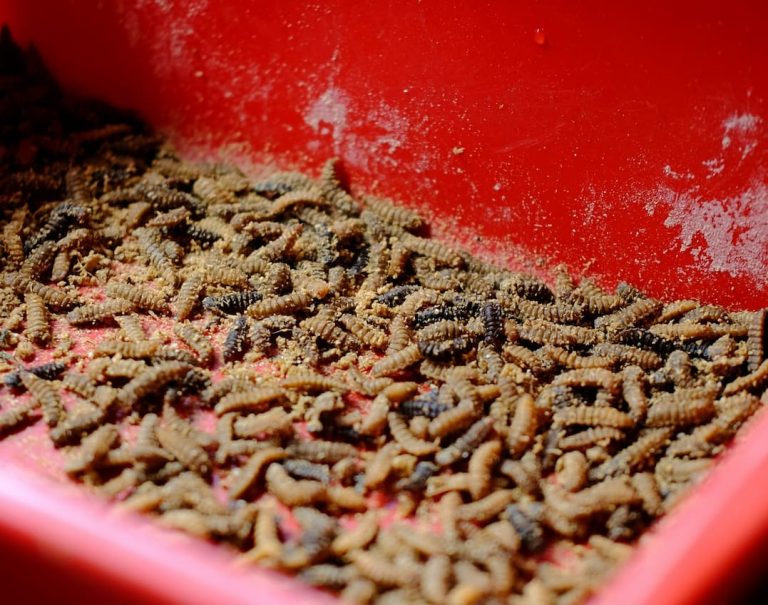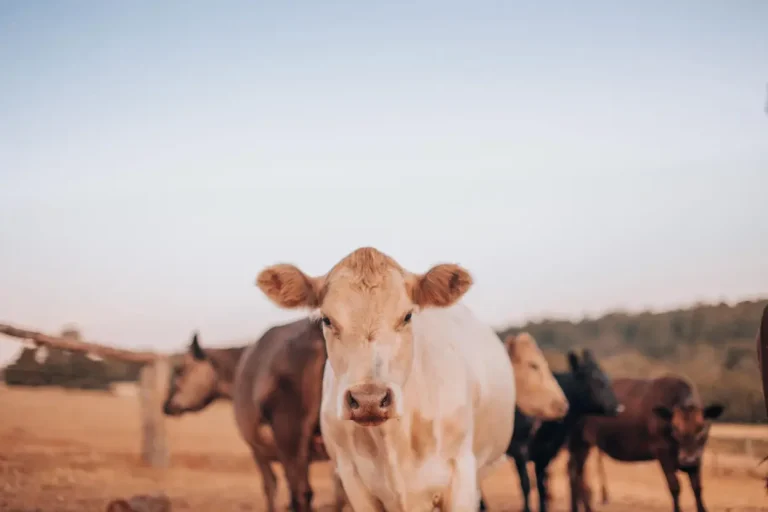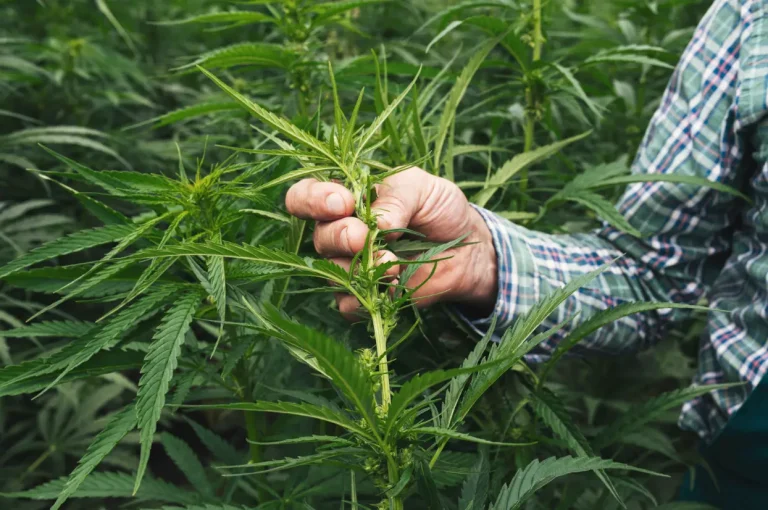Coffee pulp extract can improve both the growth and intestinal structure of broiler chickens, researchers in Thailand have found.
Novel feed additives are being widely researched as a means of improving poultry production performance and bird health, as well as providing safer alternatives to the use of antibiotics in the industry. Additives derived from the waste products of other industries are considered particularly attractive, to improve sustainability.
The team from Chiang Mai University set out to explore the use of coffee pulp in broiler production. Coffee productions results in around 10 million tonnes of pulp every year, which is rich in compounds that have been associated with antimicrobial properties, as well as other essential nutrients. Of particular interest for the scientists were the phenolic compounds contained in the pulp, which also can have antioxidant and anti-inflammatory effects, and had already shown promise when fed to layer hens which were threatened with disease.
For the study, they obtained coffee pulp, dried and powdered it, then extracted it using ethanol. They housed 160 broiler chicks in 20 pens, feeding them a standard cornmeal-soy diet. They fed a control group just the basal diet, but to three experimental groups they supplemented this with the with the coffee pulp extract, which they sprayed on the feed, at three different concentrations: 250mg/kg, 500mg/kg and 1000mg/kg. The recorded bird weights and food intake, blood biochemistry, key intestinal measurements and meat quality characteristics.
Growth gains and gut health without quality trade-offs
They found that using the 500mg/kg seems to offer the best advantages for farmers. Using the additive at that concentration significantly increased average body weight gain and average daily gain compared to the other treatments, while they scientists also recorded significant findings when analysing intestinal properties. Villus height and crypt depth were significantly increased in birds fed the diets containing the coffee pulp extract than the control, with this an indicator of good gut health and absorption capacity.
There were no changes in blood biochemistry, carcass meat yield or meat quality over the course of the study, they reported in the journal Poultry Science, which would go some way to putting to rest concerns producers might have about the marketability of their product after introducing the novel feed additive.
Future potential for botanical feed additives in poultry farming
“These findings suggest that dietary inclusion of 500 mg/kg coffee pulp extract can effectively support intestinal health and promote growth performance in broiler chickens without any adverse effects on meat quality,” the researchers said.
The work also served as a proof of concept for the extraction methods used by the team, who noted that the choice of coffee variety is likely to affect the bioactive ingredients it is possible to extract.
“The results…highlight the relevance of adding high-quality botanical extracts to broiler chicken diets to improve feed efficacy and nutritional content, as feed quality has an important effect on gut health and overall performance,” they concluded. “[They] support the potential of botanical compounds as natural alternatives to synthetic additives in poultry farming.”
Key takeaways
- Coffee pulp extract at 500 mg/kg boosted broiler chicken growth performance.
- Intestinal villus height and crypt depth increased, indicating better gut health.
- No adverse effects on meat quality, yield, or blood biochemistry were observed.
- Coffee pulp offers a sustainable use for agricultural waste in poultry feed.
- Botanical extracts show promise as natural alternatives to antibiotic growth promoters.
Want to read more stories like this? Sign up to our newsletter for bi-weekly updates on sustainable farming and agtech innovation.

